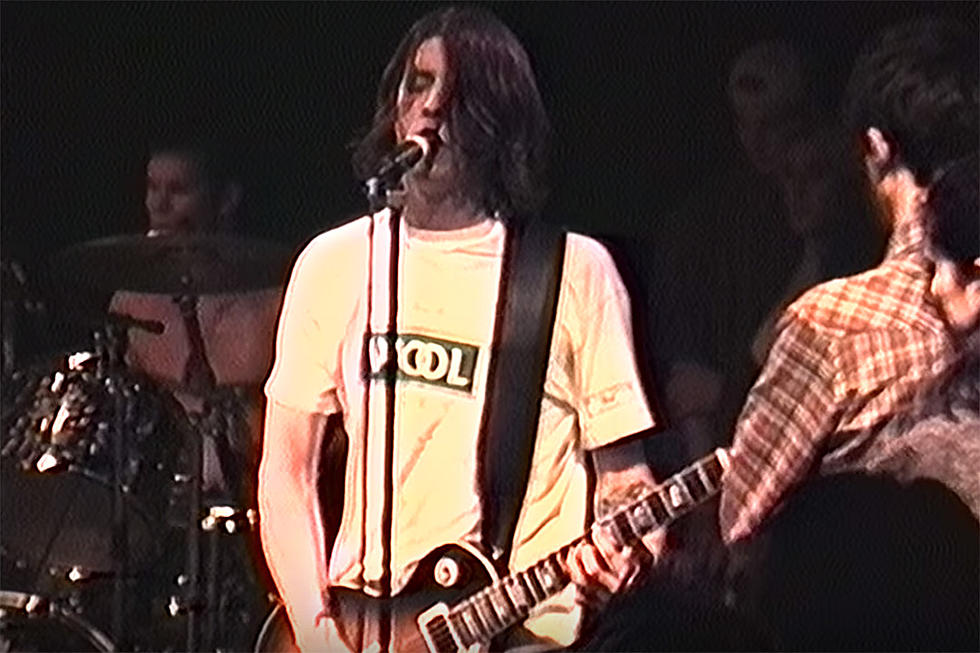
Album Review: Prefuse 73, ‘Rivington Nao Rio’
However much electronic producer Guillermo Scott Herren originally envisioned his Prefuse 73 project as an abstract take on hip-hop beatmaking, his current work sounds as far-removed from hip-hop as it does from the pre-fusion jazz that inspired Herren to choose the name Prefuse 73.
Herren releases music under several monikers, including Delarosa & Asora, Piano Overlord, Ahmad Szabo and too many others to keep up with when you count his collaborations. Needless to say, he prefers to divide his creativity up into separate avenues. That said, Rivington Não Rio proves just how hard to pin down Herren is regardless of which hat he chooses to wear. In other words, the new album presents a strong case for Herren as a one-of-a-kind artist who vaporizes and renders moot all of those ultra-fine distinctions between a given sub-genre and the next.
Somewhat of a trained musician, Herren juxtaposes inorganic and organic sounds, i.e. "beats" and instrumental "parts," in ways that create almost nonsensical (yet totally coherent) relationships between them. Imagine the musical equivalent of a sculptural space designed to recreate the sensation of, say, cubism in three dimensions and you're getting close to how, as his own mixing engineer, Herren works the faders to forge an utterly distinctive set of rules.
In essence, what he's doing here is creating his own physics in music.
Take, for example, any one of the somber, descending piano chord figures that appear on this album. The chords interlock at odd -- and shifting -- angles with an array of digitally fragmented sounds that behave as abstract moving parts against the more naturalistic grain of the piano. And while listening, you almost get the sense that this music would lend itself to blueprints rather than traditional musical notation.
Still, there's far more to Rivington Não Rio than mere schematic exercise. When Pinback's Rob Crow pops up to supply one of his trademark melodies for "Quiet One," the moving architecture that Herren builds around Crow takes your breath away not only with its precision but also via the inescapable melancholy that infuses every sound.
If you had to classify Prefuse 73, "experimental ambient" seem like the most appropriate fit, but that choice of words paints an inaccurate picture of Herren as a sound fetishist. There's so much melodic (and emotional) power sweeping through this music that consigning it to the background as "ambient" does it a disservice. In fact, even though much of Rivington Não Rio qualifies as instrumental music, Herren invests it all with an unmistakably lifelike sense of presence.
As the second -- and main -- installment in a triptych which began with last month's release of the EP Forsythe Gardens and concludes with the July release of Every Color of Darkness, Rivington Não Rio certainly stands alone but makes for an even more consuming experience if you listen with the two companion EPs as bookends. Most artists would be lucky to put out even one work of such fully-realized vision; here, Herren has essentially given us three just weeks apart from one another.
He's certainly making an unequivocal statement about how he's grown as an artist -- and how much he has yet to offer.
More From Diffuser.fm









